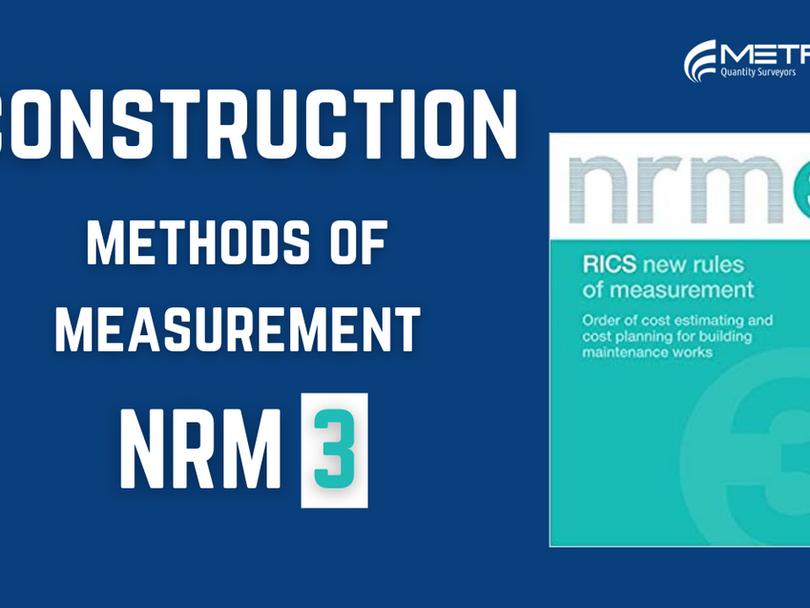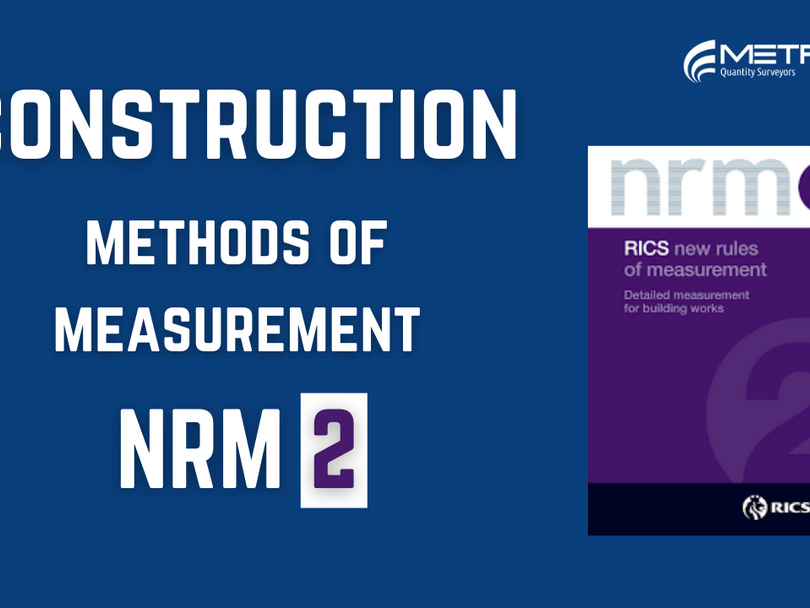
Quantity Surveying is a profession that consists of many levels depending on experience and knowledge. The career path of many quantity surveyors tends to follow the below: · Assistant Quantity Surveyor · Quantity Surveyor · Senior Quantity Surveyor · Chartered Quantity Surveyor Obtaining Chartership status is very often the pinnacle of the quantity surveying profession and naturally means, people can demand higher wages due to their skills and experience being in such high demand. The Royal Institute of Chartered Surveyors (RICS) is perhaps the most known and respected Chartership status within the industry but what you may not know is that they are not the only certified institution that a quantity surveyor can obtain Chartershipstatus with. This short blog is going to look at the professional qualifications for quantity surveyors that by achieving, will grant Chartership status and consequently improved career progression. RICS The Royal Institute of Chartered Surveyors is arguably the leading qualification body for land, construction, and related environmental issues. RICS has a hand in setting, maintaining, and regulating professional standards globally. The institution regularly advises businesses and governments in industry matters so naturally all members of RICS must provide a high standard of service, advice, and integrity in whichever part of the world they operate. Generally, to become qualified with RICS you must have a RICS accredited degree and complete their Assessment of Professional Competence (APC) requirements. For more detail on this check out our dedicated MRICS qualification video and blog on this website and youtube! CICES The Chartered Institution of Civil Engineering Surveyors (CICES) is an international qualifying body dedicated to the regulation, education and training of surveyors working within civil engineering. CICES is now recognised as the leading chartered professional body for Quantity Surveyors in the Civil engineering sector. The requirements to qualify for CICES chartered status include: · A completed principal sponsor’s form. · A detailed CV (1500-2000 words). · An experience report (1500-2000 words). · A completed set of ICES core and specialist competencies, signed off by the applicant’s supervisor. · A record of continuing professional development (CPD) undertaken in the last two years, andcopies of qualification certificates. CIOB The Chartered Institute of Building is an internationally-recognised organisation specialising inmanagement and leadership in construction. The institute achieved a Royal Charter which was granted to them in 1980 as they provided a benefit to society by promoting the science and practice of building. The institute has over 45,000 members worldwide, working in over 100 countries. In addition to its professional reputation, the CIOB also contributes to research and development within the construction industry. To become fully chartered with CIOB, candidates must complete an MCIOB structured programme which combines practical and theoretical aspects of study followed by examination. To become a member of the CIOB, members should also have several years of professional experience in construction.










